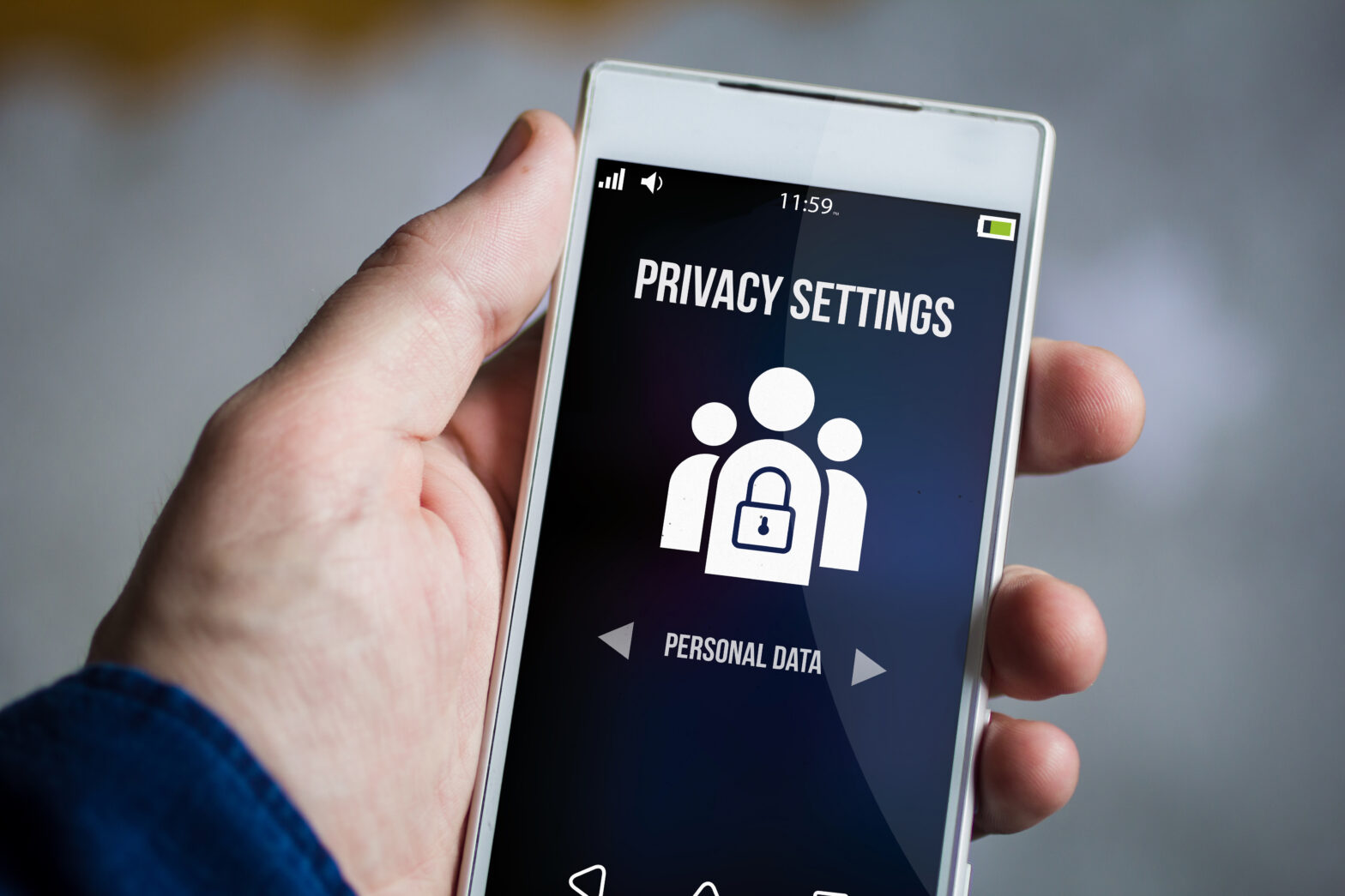Everyone values privacy. They just don’t value it as much as the things they’re trading it for. Most individuals are willing to give a relatively unknown company access to their entire social profile just so they don’t have to learn another password.
They’re willing to give Nike access to my every step so they can help individuals run faster, they give their data to Spotify so that they never have to buy another album and they give their data to a health insurer in order to save money.
Most people are the same. In a survey of 2,000 leading-edge consumers, when given the choice between sharing details to stay connected vs. keeping private to protect information, 64% err on the side of social. In the battle between privacy and sharing, don’t bet against likes. So sure, people value privacy. But they don’t value it as much as money, knowledge, convenience, connection.
See also: Why data privacy is a good thing for your employees
Privacy as people once knew it — being free from observation or attention — is dying. And perhaps that’s OK. The spoils of the connected economy depend on transparency (you can’t be a private AirBnB guest or a private eBay seller).
Furthermore, the value we reap from sharing and applying insight to our data is expanding exponentially. Vast new value creation opportunities exist in the realms of health & wellness (your steering wheel could detect early signs of Parkinsons), psychiatry (big data can optimise treatment plans for depression), and education (predictive analytics can improve dropout rates), to name a few. As more value emerges from analysis, more data will be collected.
This transition to transparency is not without complications. Adults observe young people, whose defaults seem set to public, and get rightfully anxious about safety, reputation, and social pressure.
It’s the transition at the centre of Dave Eggers’ The Circle, where the protagonist has to choose between total transparency or social isolation. We observe leading-edge customers who are pretty optimistic about our tech-led future—getting excited about knowing more from AI, seeing more from VR, getting more done with automation. But when talking about living a more transparent life, 90% are scared (and only 10% are excited, as revealed by a recent survey we conducted with 2,000 exhibit attendees in New York).
People are scared. But the fear doesn’t seem to be about the intrinsic value of privacy in and of itself. They’re nervous about safety, ownership, undue influence, who sees what. We’re nervous about government monitoring and big business manipulation. They’re nervous about any number of issues raised by watching Black Mirror. It’s not privacy, per se, that we’re scared to lose. It’s what people after they lose privacy.
See also: Big data vs. privacy: the big balancing act
But people are not scared enough to opt out. Partly because opting out is nearly impossible—or at least a part-time job spent adjusting smartphone settings, avoiding e-mail, and reading every privacy policy you implicitly agree to when you visit a website, get a car, buy a thermostat, or find out who your celebrity doppelgänger is. And perhaps even more powerfully, we don’t opt out because opting out means missing out.
Modern individuals seem hard-wired to prioritise things like social connection and knowledge over privacy. Experts say data is the new oil [pdf], not just because of its immense value, but because, once refined, it fuels all those shifts that people love.
You can’t have personalisation without transparency, or predictive intelligence without historical data, and social networks flop without sharing. Privacy is dying, and even though we fear losing it, in many instances we’re the ones killing it.
The solution to this impasse requires a reconsideration of the problem. The idea of protecting “privacy” is quaint, unrealistic and even counterproductive. The modern economy flows and depends on a two-way data exchange. If data is the new currency, then true privacy is like keeping your money under your mattress.
See also: Why 2017 will be the year of privacy
What people need to protect is sharing. They need to protect the space between private and public and turn it into a space of safety, empowerment and control. Consumers (and, perhaps more crucially, regulators) need to awaken to the value of our personal data.
They need to demand transparency from the very companies that grew because people gave transparency to them. Individuals need to start managing their data like they manage money – store it properly, protect it aggressively, make sure it’s in the right hands, optimise its value, and work with brokers to get the most out of it.
Europe is formally structuring methods to restore personal ownership, awareness and protection to aggregated data. Data is a source of power for companies today, and it can be a source of empowerment for people tomorrow—if handled properly. For that to happen, we need to be non-private without being unprotected.
So here lies privacy. Defeated by humans’ desire for social connection, expanding intelligence, effortless automation, unprecedented convenience, and Tinder matches. People cannot pretend they can protect privacy, but they can protect sharing, reclaim control, prevent “oil” spills or “currency” manipulation, and make sure that what they get in exchange for privacy is worth the trade.
Sourced from Dan Clay, senior associate of Innovation at Lippincott







